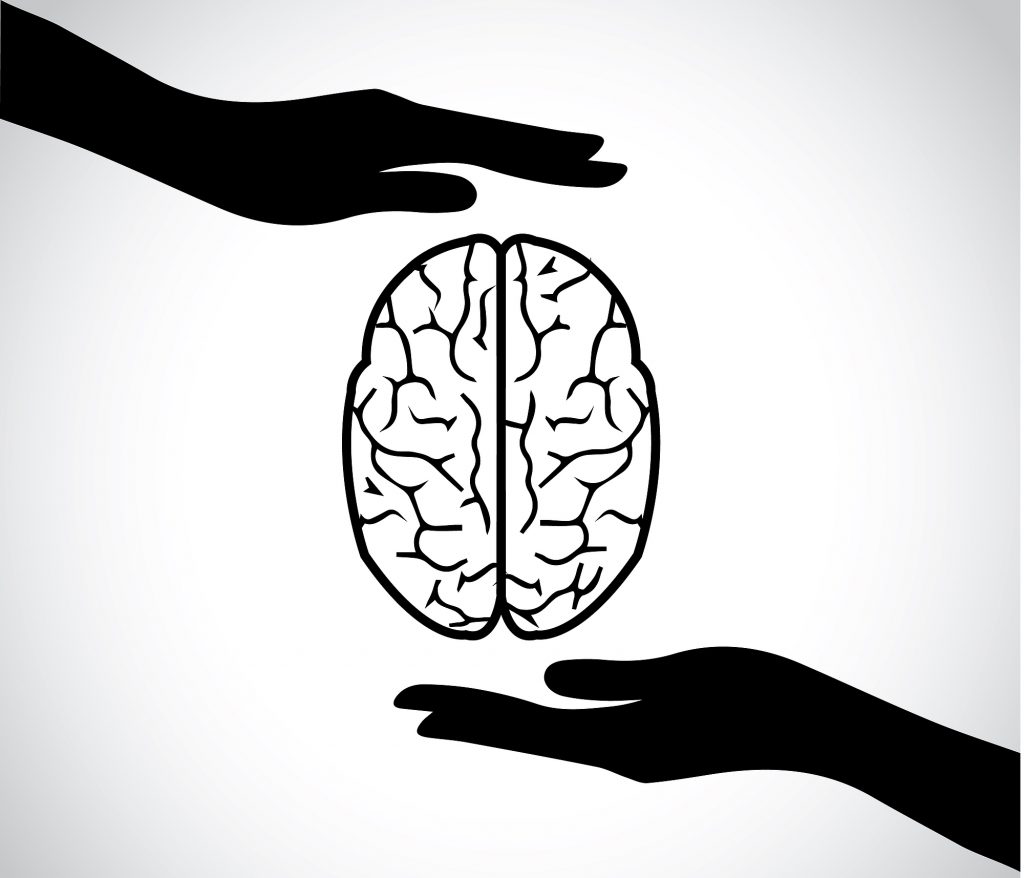Autism in Women: Signs, Masking, and Getting an Adult Diagnosis

If You Are an Adult Who Was Assigned Female at Birth, Wondering if You Could Be Autistic, You Are Not Alone

Part of why autistic women present differently from autistic men is due to socialization factors.
Everyone is shaped by the environment they are raised. This is also true for autistic women. Men and women are often socialized to follow different norms. Because women are traditionally conditioned to be more socially conscious and to prioritize interpersonal relationships, amongst other things, this can shape how autistic women appear. These cultural pressures can ultimately lead to autistic girls and women minimizing intense interests, forcing eye contact, suppressing stems or stemming behaviors, and doing things like scripting to “fit in” more in social settings. Unfortunately, this emphasis on relationships can lead to autistic women dealing with social burnout. Or, struggling with both having a desire to have lots of friendships, but not having the capacity to keep up with the mental toll. Socialization can also lead autistic women to “mask”.
In Childhood, Girls Often Learn to “Mask ”Or “Camouflage”
“Masking” happens when women with autism camouflage their Autism by learning to mimic social behaviors and facial expressions of their peers. Masking, similarly to other social behaviors, can often be exhausting for autistic women to maintain. These learned behaviors are usually adopted at a young age. Because of this, specifically autistic girls can seem to have more subdued or less noticeable features. This is part of why girls get diagnosed in childhood at a much lower rate, and can often be missed in childhood. However, over time, autistic women often grow into more features and can find it increasingly more difficult to mask.
Learned behaviors and socialization may play into the appearance that some autistic women are struggling less socially than their male counterparts. While autistic men report struggling with bonding and relationships, females often show more motivation to pursue and maintain personal relationships. However, autistic women do often display more intense emotional responses, or they can struggle with understanding the intricacies and expectations of relationships.
Relationships past the surface level can be confusing and hard to scale. It can be challenging to form and maintain relationships that feel close or comfortable. Additionally, they tend to struggle with sensory issues. Sensory issues can include struggling with loud noises, clothing textures or styles, food textures, etc. Sensory overload can also impact the capacity to engage in relationships because of exhaustion and sensory overwhelm often present in social situations. Once again, although women may not struggle as much as men in childhood, often this changes through development, and women can end up struggling more with sensory issues and emotion regulation over time.
Because of the way they display their symptoms, autistic women can be more at risk for mental health struggles.
Boys typically display their symptoms in a more “obvious” way. They struggle to sit still, or they display more repetitive behaviors and conduct. However, women often internalize and repress their symptoms. Because of this internalization, autistic women are prone to develop mental health struggles such as anxiety or depression. Anxiety, depression, mood disorders, obsessive-compulsive disorder (OCD), social anxiety, agoraphobia, and eating disorders are examples of co-occurring conditions, also known as comorbidities.

So, if women commonly present differently from men, and their symptoms are often overlooked, what exactly does a woman with autism look like?
Well, although every individual is different, there are criteria that define autistic behaviors. Autism can appear both typical and atypical, so the criteria can look different from person to person.
Common signs of a more typical autism presentation can include having intense interests. People with autism typically have restricted, special interests in one subject. This can mean only having a sole interest that one’s time and attention are almost entirely dedicated to. Autistic women in childhood often have special interests in things like beauty, celebrities, art, story writing, fashion, gymnastics, or dance, which are socially acceptable interests for women to enjoy. When autistic girls have socially acceptable interests, it can make it even harder to recognize them as autistic features. Autistic people struggle because they can only talk about their intense interests. Or they could often monologue about their interest, and struggle to have a reciprocal conversation where both people are equally involved.
Typical Autism Can Make Socialization Different in More Ways Than One
Autism can make it challenging to make eye contact or hold eye contact for extended periods of time. It can also impair one’s ability to understand social cues, subtleties, and pick up on things like sarcasm. Additionally, it can often be difficult to read body language and understand facial expressions.
Once again, sensory differences are also common in those with autism. Sensory differences can vary person to person, but can often look like being overly or under sensitive to loud noises, different sounds, crowded rooms, bright lights, certain smells, or different clothing or food textures.
Another common sign is struggling with executive functions.
Executive functions are cognitive skills that help people be able to manage and achieve goals and control their behaviors, emotions, and thoughts. So, someone with autism might struggle to stay organized, manage their schedules, and be able to properly plan and manage their time.
While atypical and typical autism can have some overlap, the atypical diagnostic criteria have several varying features. This includes a masked presentation, which consciously or unconsciously camouflages one’s symptoms to “fit in” with social or societal expectations.
An atypical autism presentation might include extreme bonds in a few friendships or relationships, but outside of those intense relationships, one might struggle to make other social connections. Making new friends, engaging in small talk, and understanding what is socially appropriate with acquaintances or new people can be difficult. However, with an atypical presentation, women can appear to have higher, more adept social skills due to masking. However, their strong emotions and difficulty with emotion regulation can still impede their interpersonal relationships.

No one person looks or acts the same. The way one autistic person presents could look completely different from another. It is important to remember that autism is a spectrum, so the severity of symptoms and features varies.
Start Working with An Autism Therapist in Greenwood Village, CO, Englewood, Littleton, and Across the State
If you or someone you love is questioning whether they have autism, we are here to support you. Our team of caring therapists can help with testing and diagnosis, as well as counseling. You can start your therapy journey with Mountain Vista Psychology by following these simple steps:
- Contact us today to schedule a consultation
- Meet with a trained therapist
- Start better understanding the effects of autism and how they affect you!
Other Services Offered at Mountain Vista Psychology
Our Colorado counseling clinics are happy to offer a variety of services to support your mental health. Our team is happy to offer a variety of mental health services in addition to autism testing and autism counseling. Other services offered include ADHD testing and ADHD therapy for children, teens, and adults. Other services offered via in-person and online counseling include child counseling, teen counseling, adult counseling, family therapy, grief counseling, and therapeutic yoga. Additionally, we provide neurofeedback therapy, including targeted neurofeedback for ADHD, anxiety, concussion/TBI recovery, and sports or performance enhancement. We also conduct evaluations for learning disabilities. Read through the Mountain Vista blog for helpful information and insights!
Schedule an Appointment
We believe in an integrative and holistic approach to help you make the changes you want. Contact us now to schedule an appointment or to request a 20 minute free phone consultation. During this session, you will be invited to share your story and ask any questions you may have.
Recent Articles
Now Serving South Denver: Mountain Vista Psychology Opens New Location for Counseling, Neurofeedback & Testing
To The Wonderful Mountain Vista Psychology community: We have some exciting news to share: We are Growing and Excited to…
ADHD Testing: How Women Are Underdiagnosed and Misunderstood
Attention-Deficit/Hyperactivity Disorder (ADHD) is one of the most widely discussed and most commonly diagnosed disorders today. ADHD is more than…
What Does Self-Care Look Like in Motherhood
Motherhood can be a beautiful, transformative journey, but it is also exhausting, overwhelming, and often self-sacrificing. Somewhere between diaper changes,…
How Online Therapy Can Support Busy Mom Schedules
Motherhood is beautiful, but it is also exhausting, isolating, and overwhelming at times. So, let us just say it out…





